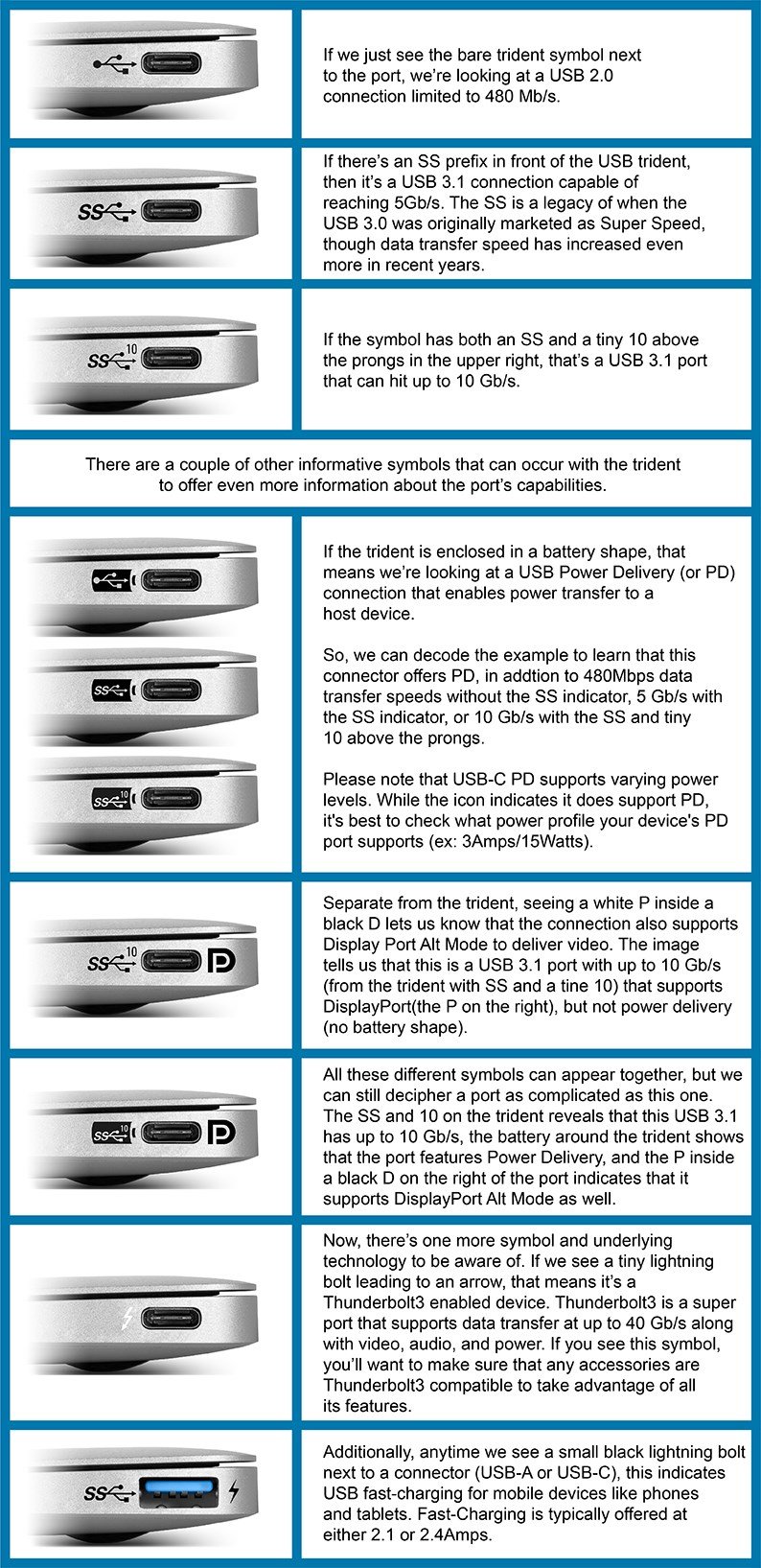this post was submitted on 09 Sep 2024
1602 points (97.3% liked)
Technology
81933 readers
3482 users here now
This is a most excellent place for technology news and articles.
Our Rules
- Follow the lemmy.world rules.
- Only tech related news or articles.
- Be excellent to each other!
- Mod approved content bots can post up to 10 articles per day.
- Threads asking for personal tech support may be deleted.
- Politics threads may be removed.
- No memes allowed as posts, OK to post as comments.
- Only approved bots from the list below, this includes using AI responses and summaries. To ask if your bot can be added please contact a mod.
- Check for duplicates before posting, duplicates may be removed
- Accounts 7 days and younger will have their posts automatically removed.
Approved Bots
founded 2 years ago
MODERATORS
you are viewing a single comment's thread
view the rest of the comments
view the rest of the comments

It has to be optional to remain a "Universal" spec.
If it had more requirements, it would be more cumbersome to implement and device manufacturers would come up with completely different, completely incompatible cables and ports (a la Apple's lightning) that would cause you even more headaches.
"Universal" merely means devices with different capabilities can use the same interface. So you can use mice and keyboards (very low bandwidth needs) on the same port as a data hungry drive. That was the major innovation when USB took over for PS/2, parallel port, etc.
Manufacturers can still use low-end components on the client devices, the requirement would merely be that the ports in host devices and cables would meet some minimum specs to be able to meet USB certification. Instead of having a wide variety of possible configurations, force host devices into smaller niches so the marketing is clearer to customers. Devices would still negotiate voltages, data rates, etc as they do now, the only change would be forcing implementations into buckets.